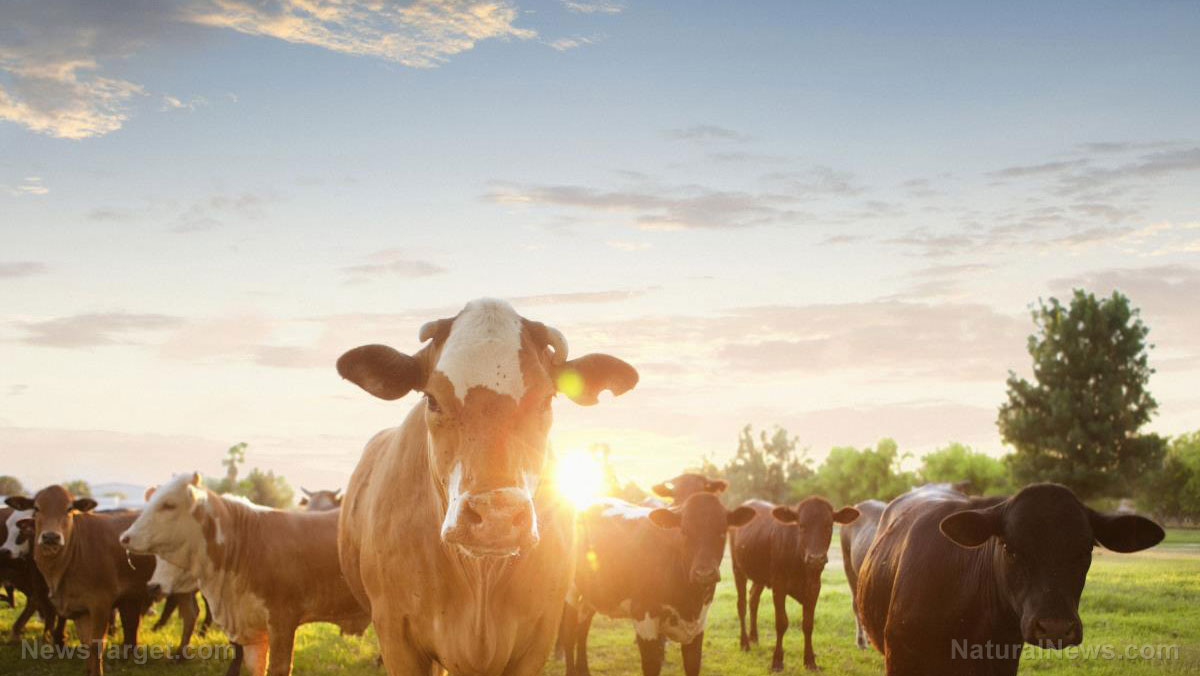
This sounds bad enough when you think about it from the animals’ perspective, but it’s also pretty bad for us humans. Think about it: These operations generate a huge amount of animal feces and urine – more than 40 times that generated by wastewater treatment plants. While much of it is ultimately used as fertilizer on farmland, it’s generally untreated and not beholden to the same regulations that apply to human waste.
Although they do have to adhere to some regulations, the reality is that they aren’t widely enforced and can even be difficult to enforce on the occasions where regulators do decide to step in.
Unfortunately, the toxic chemicals, bacteria and drugs in all of this untreated animal waste ends up draining off the farmland or leaching through soil, winding up in our streams, rivers, groundwater and even drinking water.
In fact, this issue was recently at the center of a lawsuit filed by Iowa’s biggest municipal water utility against several upstream draining districts over the excessive levels of nitrates in drinking water caused by runoff from farmlands.
A complex problem on multiple fronts
Just what is in all this animal waste? Industrial farming is quite fond of using antibiotics, and when these make their way into our environment, it contributes to the growing problem of antibiotic resistance in humans.
CAFO also produces air pollution, although the EPA somehow wants to exempt such facilities from reporting toxic air emissions such as hydrogen sulfide and ammonia; environmental groups have filed a lawsuit trying to stop this rule from being enacted.
There’s also the issue of feeding all of these animals. Because more crops have to be grown in order to feed them, the practice contributes to the problem of runoff of chemicals such as herbicides, insecticides, and fertilizer.
For example, the Environmental Working Group analyzed water across 1,700 systems across the nation, and they found that it contained nitrogen at levels exceeding five parts per million. This is the amount that the National Cancer Institute has identified as raising the risk of bladder, ovarian, colon and kidney cancer.
It’s not surprising, then, that a recent study from Duke University found that people who live near hog farms in North Carolina suffer from higher death rates from health issues including septicemia, kidney disease, infant mortality, anemia and tuberculosis when compared to people who do not live close to such facilities. There’s a big socioeconomic component as well, with CAFOs disproportionately affecting low-income rural areas and groups like Native Americans, Latin Americans and African Americans.
Unfortunately, as long as these companies continue to wield such a strong influence over lawmakers, the situation is unlikely to change. Experts have identified ways that CAFO operators could minimize their environmental footprint. For example, they could use cover crops to help prevent erosion and promote healthy soil, while terraces or buffer strips could help to naturally prevent phosphorus and nitrogen runoff.
The rising global demand for cheap meat is a big factor in problems like soil erosion, marine pollution, deforestation, and global biodiversity. It's a complex problem that deserves a lot more attention than it’s been getting, and there are no easy answers. However, this does serve as a reminder to support local farmers and avoid giving the big names further incentives to destroy our environment in pursuit of profits.
Sources for this article include:
Please contact us for more information.























